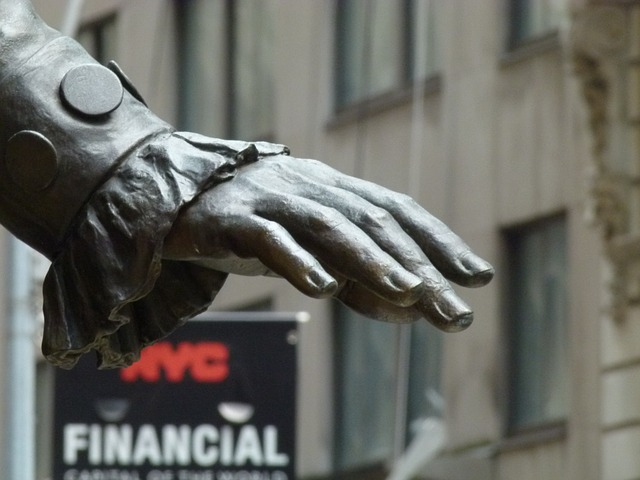Investors struggling to figure out where to put their hard-earned cash these days have got pretty good company — Wall Street.
In their investment outlook released to clients on Thursday, Barclays strategists appeared to almost throw up their hands at the lack of viable options right now.
“The world faces a very weak 2023. Even so, central banks are likely to keep tightening and take policy rates to the highest levels in at least 20 years. Moreover, a quick pivot is unlikely, even as advanced economies enter a recession. This is a combination that investors have not faced in decades,” said U.S. strategists Ajay Rajadhyaksha and Amrut Nashikkar.
For starters, they see no joy in holding stocks, with the S&P 500 SPX, -0.61% down 17% so far this year, and offered a grudging recommendation on bonds.
“We are overweight bonds over equities from an asset allocation standpoint. This is not an enthusiastic endorsement, but reflective of the poor choices facing investors,” said the pair, who see U.S. and European equity earnings expectations as too high, and U.S. price/earnings multiples with room to fall.
Bonds, meanwhile, have priced in much of the interest-rate increases the Barclays strategists see coming, as they note the global bond index is set for its worst year of returns ever they note. “And for the first time in a while, keeping large cash holdings is a reasonable, non-punitive choice, given higher front-end rates,” they said.
Dollar assets are another not-so-bad house in a bunch of bad neighborhoods, said Rajadhyaksha and Nashikkar, who see the U.S. outlook as better than Europe’s with fewer problems on the energy front. “U.S. inflation should be much lower in 2023 even as fed funds is already far above the ECB deposit rate,” they said. As well, China’s currency also has room to weaken against the greenback.
And while markets got a shock this week from a surprise jump in August consumer prices, Barclays still believes U.S. inflation will moderate in 2023, while the Fed is also further along with its hiking progress than the ECB or Bank of England.
“The U.S. has a better chance than other developed economies of escaping without a significant recession, so USD assets still look attractive in a relative sense,” they said.
See: Markets are waking up to the notion that inflation hasn’t peaked
Plus: Deutsche Bank analyst says European gas prices will stay elevated for years

